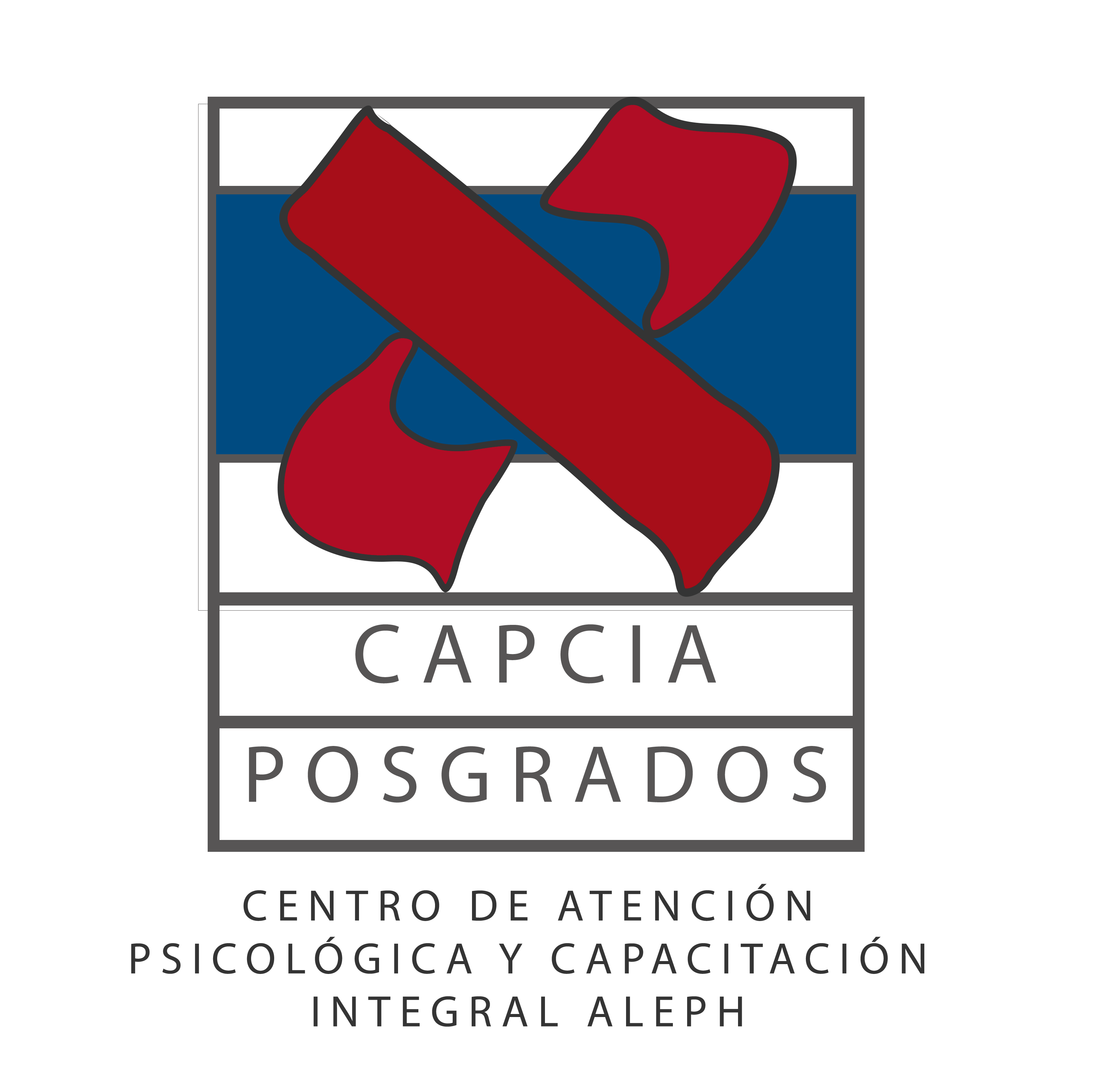Blockchain technology has gained immense popularity in recent years, primarily due to its potential to revolutionize various industries by providing a transparent, secure, and decentralized platform for managing digital transactions. One of the key applications of blockchain technology is in the field of digital rights licensing, where artists, content creators, and other stakeholders can leverage the technology to protect their intellectual property rights and ensure fair compensation for their work.
In traditional digital rights management (DRM) systems, artists and content creators often face challenges such as piracy, unauthorized use of their work, and lack of transparency in tracking and managing digital rights. These issues can significantly impact the revenues and livelihoods of creators, leading to a need for a more efficient and secure system for managing digital rights.
Blockchain technology offers a decentralized and tamper-proof platform that can address these challenges and provide a transparent and secure way to manage digital rights licensing. By using blockchain technology, artists and content creators can create smart contracts that automate the licensing and distribution of their work, ensuring that they receive fair compensation for their creations and that their rights are protected.
One of the key advantages of using blockchain technology for digital rights licensing is the ability to create a transparent and immutable record of ownership and transactions. Each transaction on the blockchain is recorded in a decentralized ledger that is accessible to all parties involved, providing full transparency and eliminating the need for intermediaries. This not only reduces the risk of fraud and unauthorized use of digital content but also allows creators to track and control the distribution of their work in real-time.
Another key benefit of using blockchain technology for digital rights licensing is the ability to automate the execution of licensing agreements through smart contracts. Smart contracts are self-executing contracts with the terms of the agreement written in code. Once the conditions of the contract are met, the contract is automatically executed, eliminating the need for manual intervention and streamlining the licensing process.
By leveraging blockchain technology and smart contracts, artists and content creators can ensure that they receive fair compensation for their work, as the terms of the licensing agreement are enforced automatically by the smart contract. This can help to eliminate disputes over royalties and licensing fees, as the terms of the agreement are predefined and transparent to all parties involved.
In addition to streamlining the licensing process and ensuring fair compensation for creators, blockchain technology can also enable new revenue streams for artists and content creators. By tokenizing digital assets on the blockchain, creators can create unique digital tokens that represent ownership of their work. These tokens can be sold to fans and collectors, allowing creators to monetize their work in new and innovative ways.
Overall, blockchain technology has the potential to revolutionize the way digital rights are managed and licensed, providing a secure and transparent platform for creators to protect their intellectual property rights and ensure fair compensation for their work. By leveraging blockchain technology and smart contracts, artists and content creators can streamline the licensing process, eliminate disputes over royalties, and create new revenue streams for their work. As more industries adopt blockchain technology for digital rights Stock Wave AI management, we can expect to see a more equitable and transparent system for managing digital content in the future.

No responses yet